Perhaps you are like me. These days I cry reading the news. Too many (what wouldn’t be too many?) people dying from COVID. People dying from unheard of high temperatures. Buildings falling down in the middle of the night due to lack of care. People being murdered, raped, and otherwise abused, often by those who are meant to be protecting them or upholding the law. Innocent children’s graves being discovered, uncovering massive cultural shadows. People hating or being afraid of other people whom they perceive as different from themselves.
I suspect you are like me. Awakening more and more to our own denial. Our own intergenerational trauma. People kill and deny and project hatred onto other people and the earth because of trauma. I have no doubt about that. Resmaa Menakem calls it “dirty pain,” when we haven’t done our work to process our trauma and instead unconsciously act it out, passing it on to others. (Learn more about dirty pain in relation to “the myth of race” in Menakem’s book, My Grandmother’s Hands.)
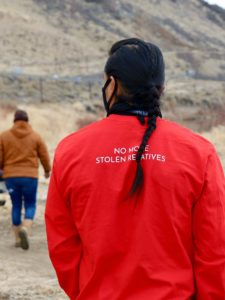 The unmarked graves of indigenous children at residential schools in Canada puts intergenerational trauma right in my face. I grew up in Canada, completely ignorant of this important part of my country’s history. I never heard anyone speak of these schools, although the last one didn’t close until the 90s, after I left Canada. This is not about the past. The trauma continues to enact itself through addictive and hurtful behaviors, as Dr. Gabor Maté makes very clear, and indigenous women continue to disappear, with officials taking little notice.
The unmarked graves of indigenous children at residential schools in Canada puts intergenerational trauma right in my face. I grew up in Canada, completely ignorant of this important part of my country’s history. I never heard anyone speak of these schools, although the last one didn’t close until the 90s, after I left Canada. This is not about the past. The trauma continues to enact itself through addictive and hurtful behaviors, as Dr. Gabor Maté makes very clear, and indigenous women continue to disappear, with officials taking little notice.
I suspect you are like me. My pain isn’t just mine. It is the pain of generations of ancestors who suffered and lived in the midst of ongoing threat. My body feels that pain. If I allow myself to, I can feel the fear, the terror, the rage, the despair, and the hope and love my ancestors carried. Their actual experiences were never spoken of. They didn’t tell their stories. But their bodies and actions did.
I have met survivors of the camps in Germany who also never spoke about the numbers on their arms, the atrocities committed around them and to them. Those who have been tortured, enslaved, raped, beaten, and abused in so many ways often learn to keep their mouths shut, to forget what is too painful to remember. They then act out their history, often on their children. Hitler’s father reportedly beat him and was drunkenly abusive to his mother in front of him. We have all witnessed the horrendous behavior that followed.
I remember as a student visiting a psychiatric hospital where sexually abused children had to be monitored every moment because little abused boys as young as six or seven would readily abuse the younger children. Twenty years later, a ground-breaking book came out. Out of the Shadows by Patrick Carnes revealed the trauma behind sexual addiction. Trauma is passed down within families but it is also acted out by schools, governments, religious orders and entire cultures.
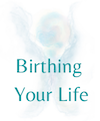
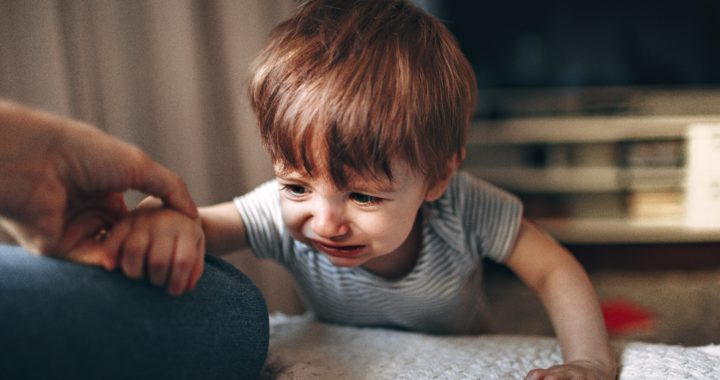
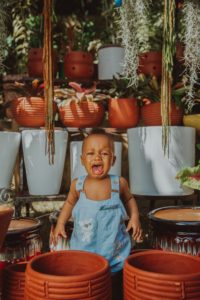
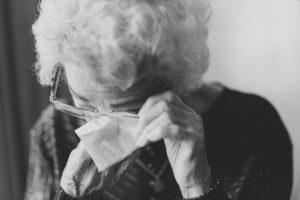
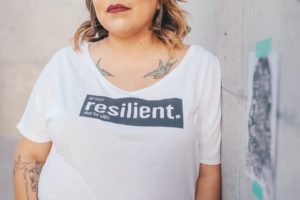
Dear Cherionna,
What a wonderful piece of sharing and so needed in our current time. Yes, each one of us must do the trauma work for ourselves so we can have a deeper relationship with self and other.
thank you,
Eddie
Dear Eddie,
Thanks so much. I really appreciate your comment. We do indeed all need to do our own work!
Cherionna
Beautifully said. Thank you. I am currently reading ‘Braiding Sweetgrass’ by Ecologist Robin Wall Kimmerer. About the trauma inflicted on the land and her people and the need for restoration through gratitude and reciprocity.
Much love
Shirley
Thank you, Shirley. Braiding Sweetgrass is on my list to read! May we all remember gratitude and reciprocity! xx